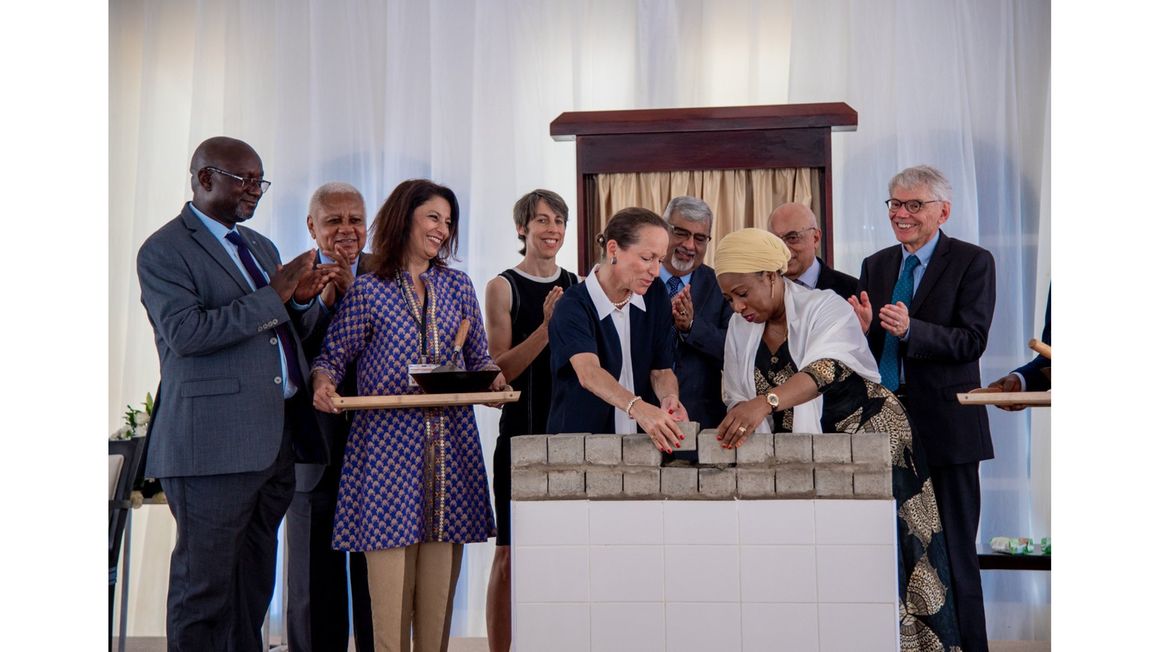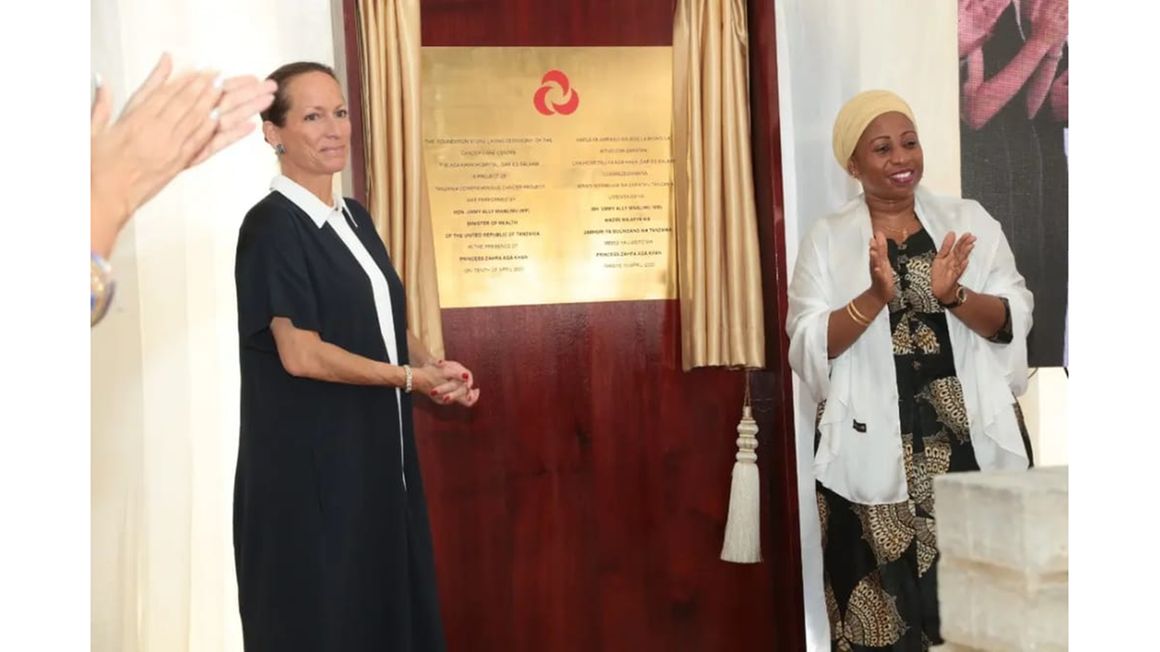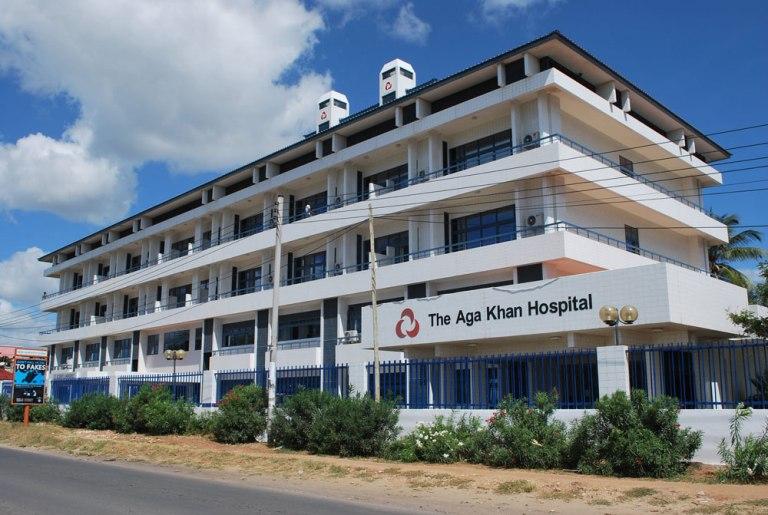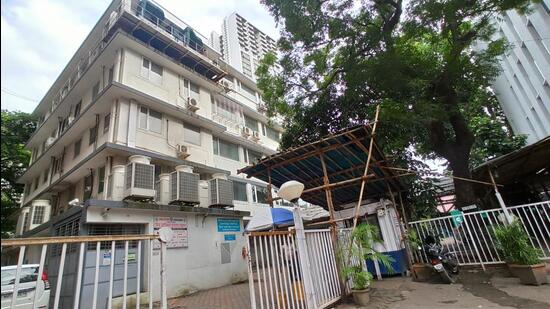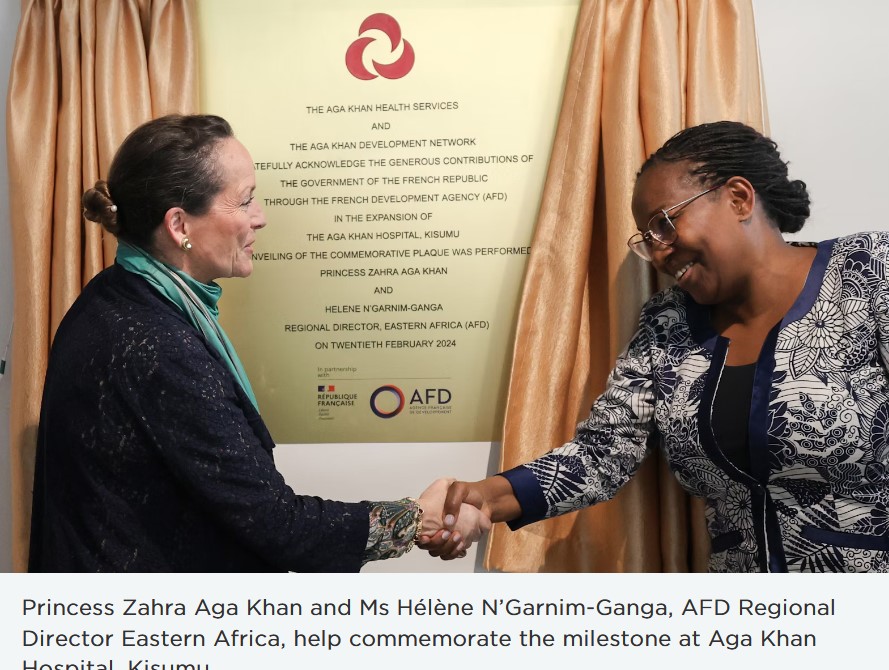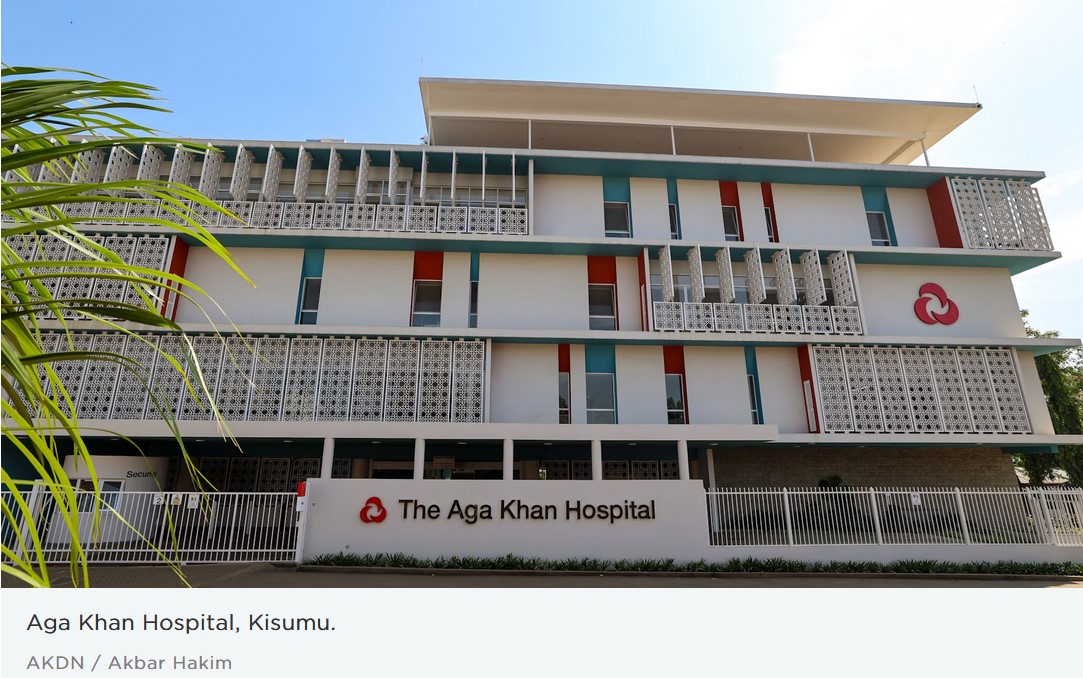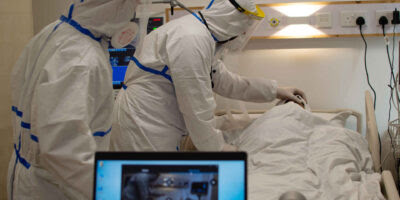
The Health Sector’s Responsibility
Tackling climate change by reducing operational emissions across the globe is a top priority of the AKDN. With healthcare operations in eight countries, AKHS is committed to better understanding our carbon footprint. The World Health Organisation (WHO) estimates health operations to be responsible for 5-15% of a nation’s carbon emissions. According to conservative estimates, health systems in low- and middle-income countries (LMIC) may contribute between 3-5% of their countries’ greenhouse gas emissions.
Learning that health operations have damaging environmental impacts, and potentially long- and short-term impacts on human health, besides contributing to climate change and environmental pollution can be an unsettling realisation. Thus, the health sector has a twofold responsibility - caring for patients today without creating additional problems for future generations.
‘Net-Zero’ Ambition
AKHS aims to achieve net-zero operations by 2030. Since 2019, net-zero plans for its largest healthcare operations in Pakistan, Tanzania and Kenya have initiated across all operations and are delivering carbon reductions in key areas.
Measures have been identified that will reduce AKHS footprint by 57% with an average payback time of approximately six years. These will have a positive impact on the environment in areas of operation but will also result in reducing running costs through condensed energy and fuel costs.
Beginnings
To reduce its carbon footprint, initially AKHS had limited awareness and action on where and how to reduce the impact and risk of climate change. There was, however, concern about the increasing effects of climate change, such as floods due to melting glaciers in Northern Pakistan, heat waves in Karachi, etc. Aga Khan Health Service, Pakistan (AKHS,P) emerged as a natural testing ground for this endeavour.
In remote valleys where distances are vast or in villages with no secondary healthcare facilities, the option of connecting with doctors in modern health facilities via telemedicine saves patients’ time and money and impacts emissions. Between 2014 and 2021, 3,310 teleconsultations were completed, including 3,189 live teleconsultations in different specialties; tele-radiology will be piloted soon.
Breaking New Ground
Some challenges AKHS initially faced were lack of technical expertise to establish a carbon baseline. To bring AKHS net-zero ambitions to fruition, a comprehensive carbon footprinting tool was developed, with colleagues from the Aga Khan University Hospital, suitable for use by non-experts operating in LMICs. The greenhouse gasses (GHG) accounting tool has been used in all nine healthcare operations and globally in 800 healthcare facilities. Furthermore, it is offered free to any organisation or agency looking to reduce its carbon footprint and increase the impact of climate-smart actions. The pioneering work of AKHS is attracting the interest of governments and global bodies, such as the WHO, alike.
Early rewards
The AKHS climate-change programme also comes with a knowledge and skills enhancement component. Over 170 staff, in facilities, procurement, administrative, clinical and leadership roles, have been trained in carbon and environmental awareness, to master data collection, analysis and to develop remedial measures.
In Mombasa, Kenya, 256 tons of CO2 emissions have been saved in zero cost anaesthetics practice measures, contributing towards a 57% reduction in emissions. Other no- or low-cost measures such as carpooling, improved waste management and prudent use of products and energy have been inaugurated.
In Pakistan, waste volumes and emissions have been controlled at the Aga Khan Medical Centre, Gilgit by 60% and ACs and refrigerators shifted to the most environment-friendly gases.
The Sustainable Development Goal for universal health coverage will require massive investment in growing healthcare in LMICs over the coming decade. Following a net-zero path by design could mean that universal health coverage becomes more achievable in this generation while protecting the health of generations to come.
https://the.ismaili/pakistan/programmes ... r-tomorrow
